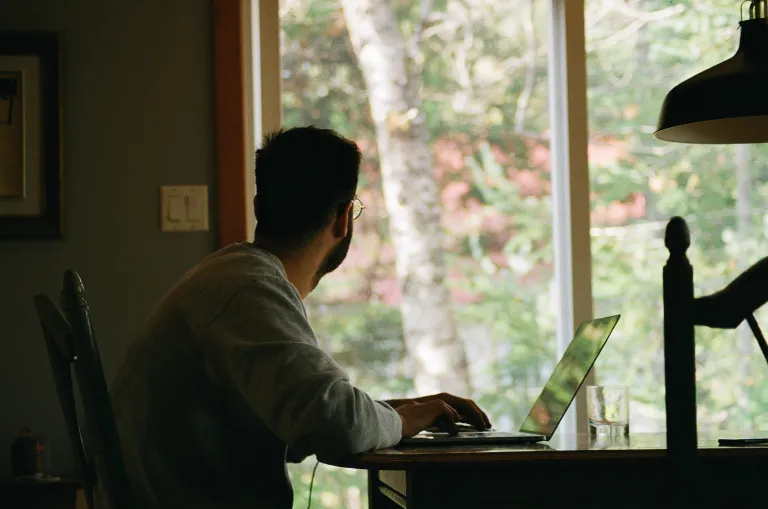
Fostering a teenager is one of the most rewarding and challenging roles you may ever take on. As with looking after teenagers under any other circumstance, it can come with its own challenges, but these are usually more than outweighed by the benefits—both to the teenager and to the foster carer.
Who can become a foster carer?
It can help if you’ve got some prior experience working with young people, perhaps as a teacher, nurse or through working within the youth support system. This is one of the things that your local fostering agency will want to know about when you apply—but a lack of experience shouldn’t stop you from thinking about applying.
Otherwise, there are a variety of skills and qualities that would be useful. These include being able to listen, having a good sense of humour, an ability to work well with other professionals (you’ll be supported by a range of people, from social services to the teenager’s teachers), patience and being a caring, empathic person.
You may also want to consider things like your general health, your financial security (you don’t have to be well off to foster and, depending on your circumstances, you may be eligible for benefits, but as a rule of thumb, you will need to be able to support yourself and the teenager in your care). It's also helpful to think about whether your home is safe for a young person and what kind of support your friends and family might be able to provide.
What can I expect from fostering?
A foster parent has to fulfil most of the roles a parent usually would. You'll provide for your teen’s general needs such as making sure they’ve got enough clothes and are healthy and well fed, help them with their education, and listen to them when they need support. As well as this you will need to provide them with a consistent, loving family environment and, of course, most fostered teenagers will have had a difficult start to life so may require extra support and stability.
You’ll also be doing things like liaising with support services and their teachers and helping to facilitate contact with their family, which (depending on the situation) might be once or twice a week.
What kinds of challenges can fostering involve?
Specific to fostering, you may have to negotiate differences in expectations in behaviour between your home and your teenagers’ family home or their previous foster home. They may not be used to the way you do things, so you’ll need to be clear about what the rules of your house are and the kinds of behaviours that are and aren’t ok. You may need to be flexible about some of the rules that you would usually have in place (or phase them in as the young person settles into your home) and you may need to talk about issues like access to mobile phones, alcohol, drugs and sex.
If you already have children, it’s important that they’re prepared for the fostered teenager’s arrival and that they feel they can voice any concerns or issues before or during their stay. You may want to check in on them from time to time to make sure they’re getting on ok.
Otherwise, fostered teenagers are mostly like any other teenagers. They can be a handful and may be prone to the occasional bouts of moodiness, but what they really need is the love, stability and support of a good caregiver.
How can I make fostering easier?
Children in foster care have often come from very difficult situations, often involving parents with problems related to drugs or alcohol, physical or emotional abuse, or issues surrounding mental health. Living with you may be their first positive experience of living in a family environment.
As such, the best thing you can do is be supportive and welcoming. The first 24 hours of any fostering placement can feel a little strange—for everyone involved. You may need to ‘clear the decks’, so to speak, so you can devote time to helping your teen settle in. It’s usually a good idea to give them a little space, but to let them know you’re there to help if they need it. You can break the ice by finding out their favourite food and putting it on the menu.
Be aware that it may be a little while before things feel more normal. Some teenagers will be happy to open up quickly, whereas others may need some time. If a teenager has come from a situation where they’ve had to look after themselves, they may seem quite self-sufficient—but it’s also likely they’ll need your support and care.
And don’t forget—there’s no shame in needing a little help yourself. Both you and your teenager will have social workers assigned to you. Your local fostering agency will be able to provide advice, and The Fostering Network has a helpline you can call if you’re finding things difficult.
What should I do next?
This article was written with The Fostering Network. You can find out more about fostering and find local fostering services on their website.
Teenagers are one of the groups that particularly require support, so if you think you’d be a suitable carer, please do consider it.


